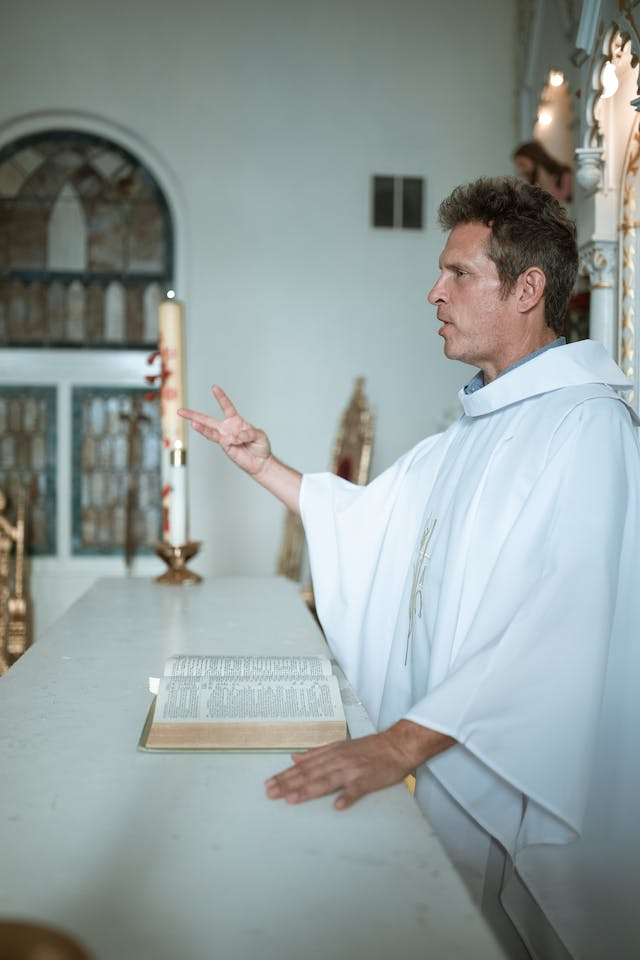Does Morality Depend on Religion?
Essay topic: Does morality depend on religion?
Answer:
The link between religion and morality is a topic that has intrigued thinkers throughout history. In this exploration, we ponder a fundamental question: Does morality depend on religion? Many assert that religious beliefs guide moral conduct, yet an examination of this connection prompts us to consider if morality can exist independently of religious influence. In this essay, we unravel the intricate relationship between morality and religion, delving into its complexities and implications.
Morality, derived from the Latin 'mos' meaning tradition, encompasses customs shaping human life. Philosophically distinct from ethics, it reflects collective practices guiding thoughts on a virtuous life. Religion, divisive in nature, often intertwines with values. While some argue that moral principles stem from faith, others contend that moral considerations transcend religious affiliations. This divergence stems from the complex interplay of upbringing, learning, and personal growth.
Various theistic traditions portray God as a lawgiver, introducing the Divine Command theory where moral correctness aligns with God's orders. While appealing in its objectivity, atheists reject this, challenging the existence of God. The absence of a social moral code, proponents argue, would lead to a society devoid of moral duties and principles. Yet, skeptics question the necessity of a divine moral code for societal cohesion.
Examining morality outside religious frameworks, we find a complex interplay of genetic and cultural influences. Atheists, when faced with moral dilemmas, show no significant deviation from their religious counterparts. The essence of morality, it seems, lies beyond religious doctrines, emanating from universal human empathy and fellow feeling. Philosopher Albert Camus emphasizes love as a fundamental responsibility, transcending the complexities of moral theorizing.
While many associate morality with religious beliefs, a nuanced examination reveals that morality and religion are not mutually dependent. Moral choices can stem from rational reflection, empathy, and a shared understanding of ethical consequences. This realization liberates individuals, fostering a collective pursuit of a fair and just world, independent of religious dogma. Morality, at its core, emerges as a universal human attribute, transcending religious boundaries and contributing to a more compassionate global community.












